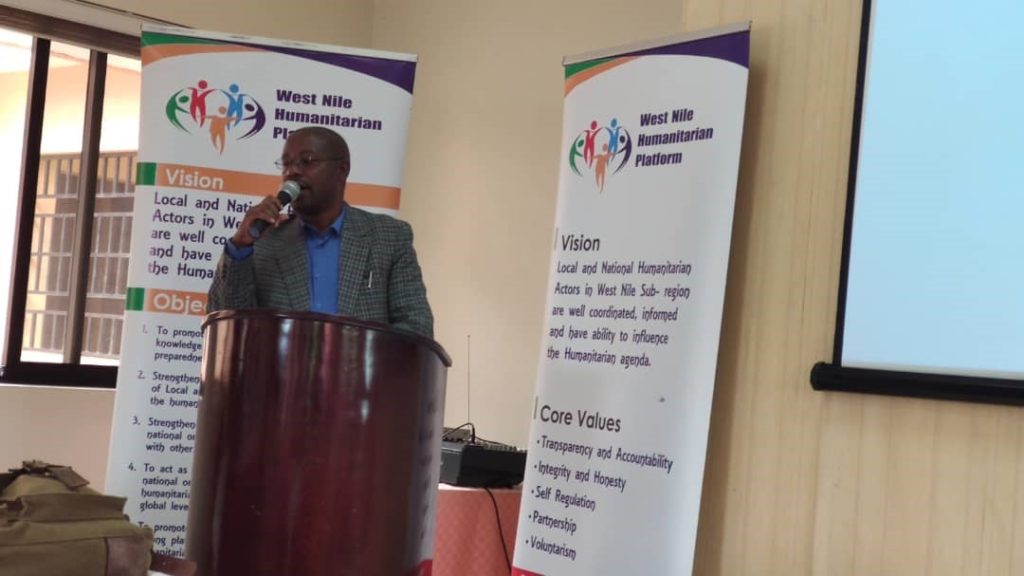HUMANITARIAN ACTORS DIALOGUE AT GOLDEN COURTS ARUA
Theme: Driving better humanitarian response in a challenging world
Sub Theme: Celebrating local humanitarian heroes in Uganda
Introduction
The humanitarian week represents a series of interrelated activities that are undertaken by the Charter4Change working group leading to the commemoration of the World Humanitarian Day. The World Humanitarian Day is held every year on 19 August to pay tribute to aid workers who risk their lives in humanitarian service, and to rally support for people affected by crises around the world. Additionally to purposely remember the people who risk their lives to save others, and more particularly the “unsung heroes” whose contributions go unnoticed. There is growing consensus that humanitarian response needs to be more locally rooted and focused: “One that leverages the responsibilities and capacities of states, civil society and affected communities, supported by international actors, is one which will be more effective in responding to and mitigating the risks of crises.” While at the global level the role of local actors has continuously been hailed, commitments made to support the localization agenda to take its shape are still a work in progress. CEPAD participated in this dialogue and made strong calls for capacity building of local actors and the need to allocate funds for thematic areas that are sensitive but most often left out or underfunded.
Purpose of the dialogue;
• To celebrate the contributions of the local and national actors in West Nile and chant ways forward to strengthen coordination, support and growth of the local and national actors.
Key Out comes;
• A call was made to all the NGOs who have signed the C4C to take on the commitments seriously especially focusing on points, 2, 6 and 8.
• The Partnerships with local Actors should be mutually healthy and make the local actors grow.
• There was a consensus in the room that there is need to commit some funds for capacity building of the local actors.
• The INGOs were urged to plan and budget with the local actors in mind but not just impose on local actor that don’t favor them.
• It is important for INGOs to create awareness among their staff on the C4C and localization agenda.
• It is also important to involve the academia for evidence based information sharing to guide planning and interventions.
• There is need to fight the vice of INGO staff who create organizations to benefit from partnerships
• NGOs and local actors should have clear frameworks and protocols as well budgets for media coverage.
• Individual INGO staff can volunteer to build the capacity of local organizations
• The Local Government should hold the C4C and Humanitarian Actors responsible and accountable.
• There need for funds to functionalize the district NGO monitoring committee.


